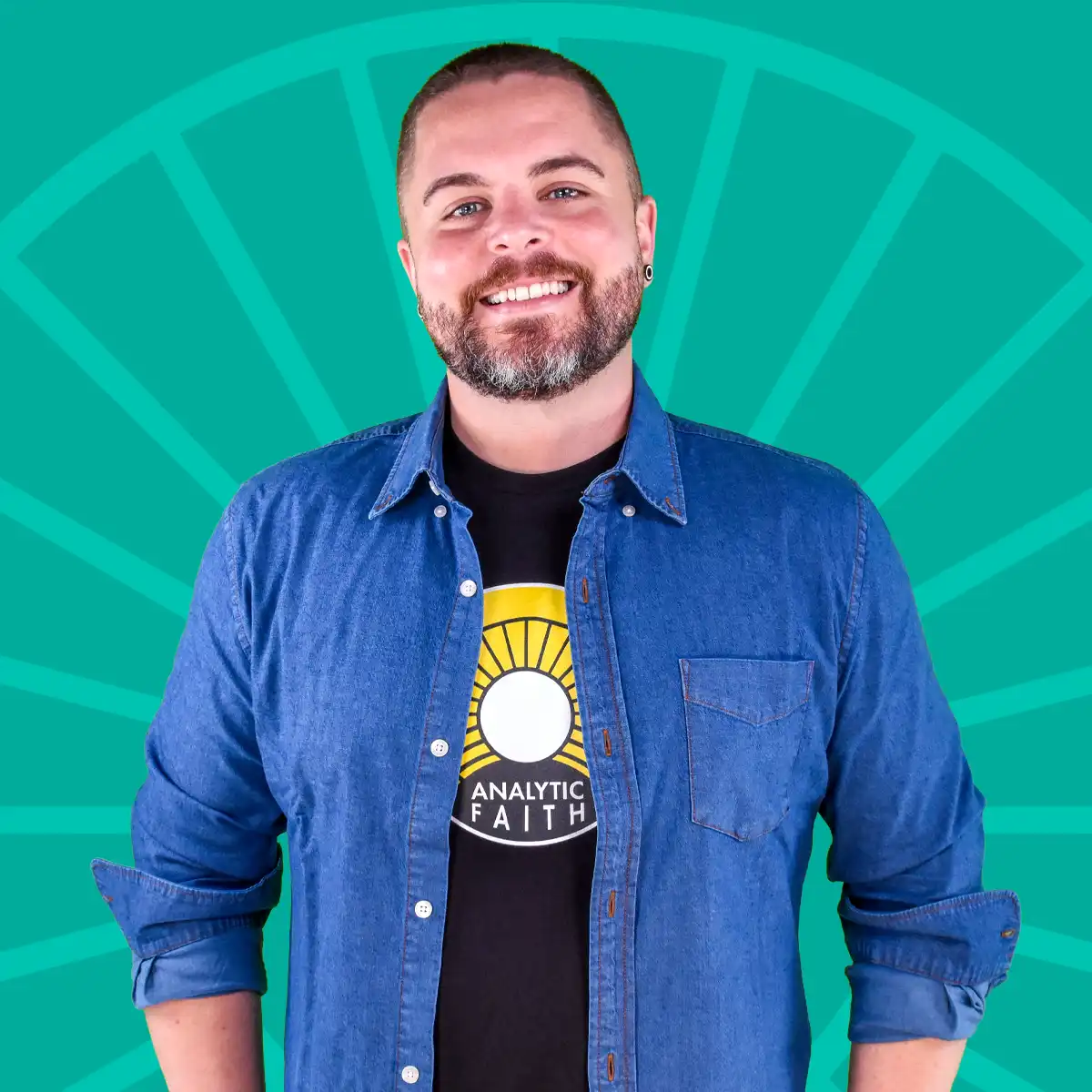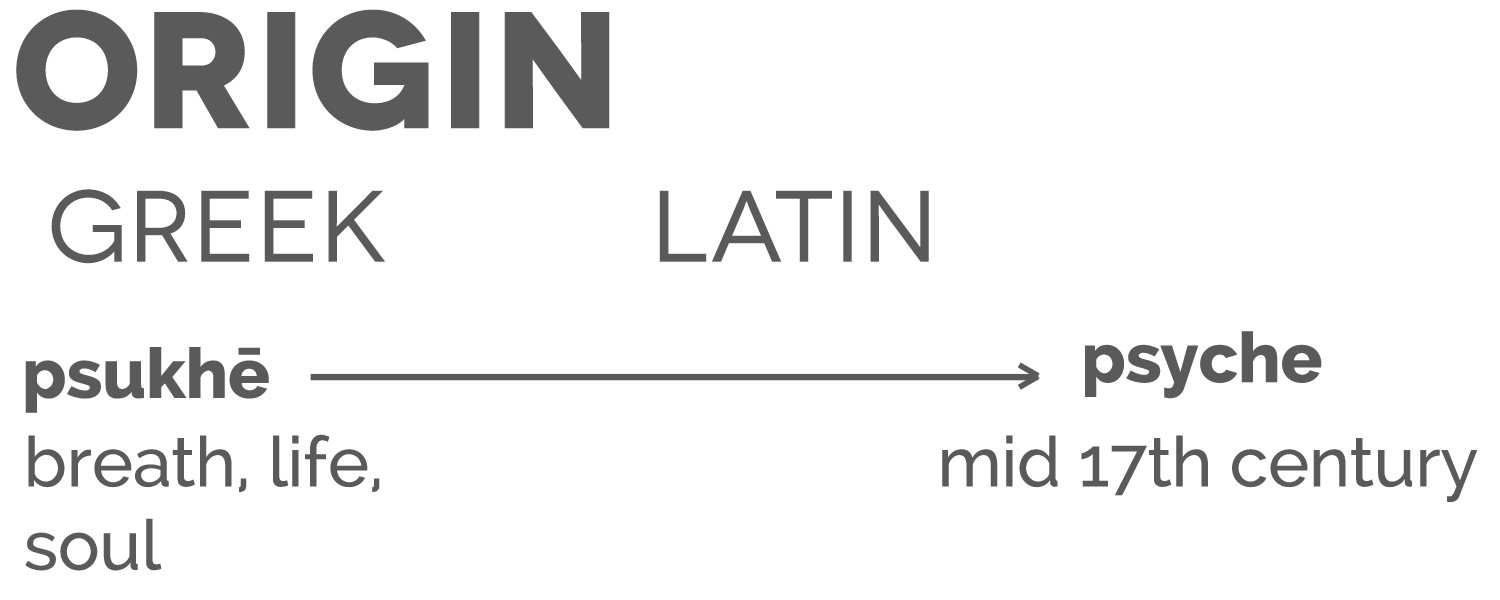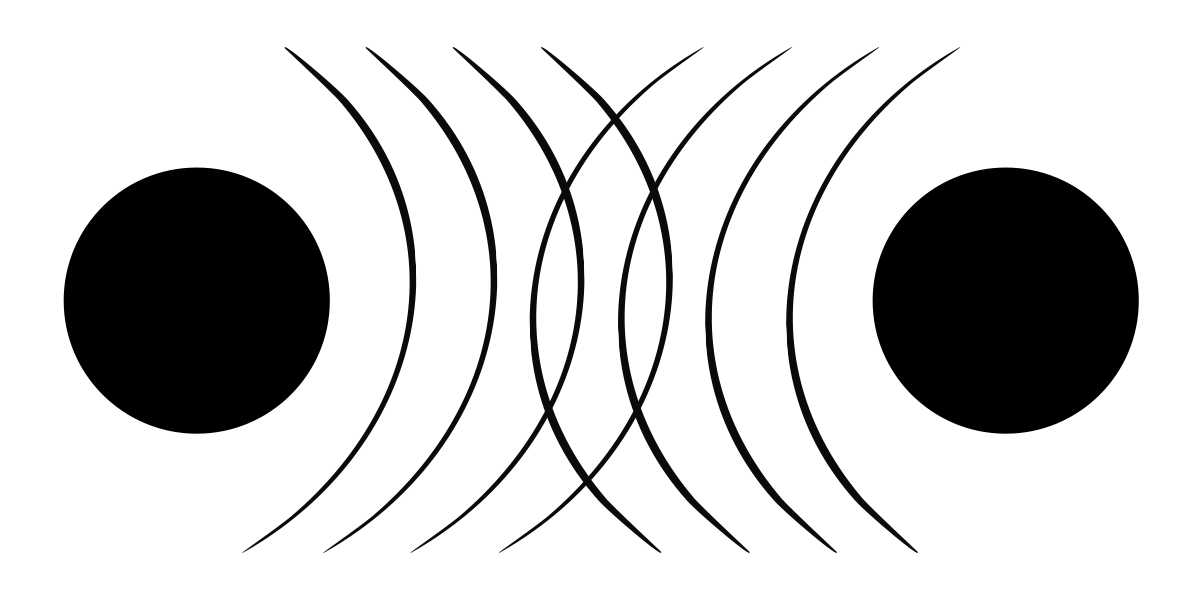Daniel Sheridan, Ph.D., Licensed Psychologist
Discover Your Authentic Self and Take the Risk to Be You

“Every rejection, every disappointment has led you here to this moment. Don’t let anything distract you from it” – Everything, Everywhere, All at Once
Thank you for visiting my website. As a Psychoanalyst and Licensed Psychologist in the state of Florida, I provide individual and couples counseling both virtually and in-person at my home office. I also provide supervision and consultation to mental health professionals interested in deepening work with their patients and developing a psychoanalytic approach.
My work with patients is grounded in contemporary psychoanalysis and existentialism. Through the experience that psychoanalytic therapy can provide, we can discover the dynamic and ever-evolving person that you are and provide you with the freedom to choose the life you want to have. Through integrating parts of ourselves that are either repressed or unknown, we can live more authentically, make peace with our past, and embark on a new life forward. I invite you to read below to learn more about myself and the work that I do.
ABOUT ME

I received my Ph.D. in Counseling Psychology from the University of Miami and am a Licensed Psychologist in the state of Florida. For close to five years, I served as Clinical Director for the Children’s Bereavement Center, a non-profit organization based in South Florida which provides free grief support groups to children, teens, and adults following the death of a loved one.
I also have extensive post-graduate education. I hold a certificate in adult psychoanalysis through the Florida Psychoanalytic Institute, accredited by the American Psychoanalytic Association. I also hold a certificate in psychedelic-assisted psychotherapy through the California Institute for Integral Studies. Together, these advanced training experiences have equipped me to both think and work more deeply with those who are searching for deeper meaning in their lives and relief from emotional pain and suffering.
Over the course of my education and professional experience, I have had the privilege to be published in several peer-reviewed journals, present at national conferences, and be interviewed by local and national new outlets, including NPR and the Miami Herald. Currently, I am working to incorporate psychoanalytic thought and principles into humanistic spiritual frameworks in the effort to demonstrate how psychoanalytic thought can expand one’s capacity to contend with existential questions of meaning and purpose in one’s life. I am fortunate enough to develop this area of research and practice alongside Rev. Dr. Harold Marrero.
TRAUMA

The word ‘trauma’ is derived from Greek and means ‘wound.’ In contemporary mental health practice, trauma is defined as “an emotional response to a terrible event like an accident, rape, or natural disaster” (American Psychological Association). The way in which we define trauma impacts the way we come to understand the events in our lives that have happened to us. To understand trauma from its Greek origin of wound, we open our perspective to consider the multitude of ways we have been wounded by people and unfortunate life events. I propose that all humans carry some degree of trauma. We have been wounded and many have struggled to heal these wounds.
One hallmark response of a traumatized individual is avoidance. When we are wounded, we avoid people and places that threaten to hurt us again. Such avoidance, although protective, places us in a feedback loop that inhibits growth of one’s authentic self and freedom to fully engage in the world and close relationships. These feedback loops often lead to self-destructive behaviors. We may avoid confrontation out of the fear of attack; we may stay in relationships or jobs that don’t bring us joy, but, in some ways, feel safe; we may hold ourselves back from dreaming of a better life because things have failed in the past. Such examples are innumerable, and only through self-inspection of your life history can you begin to see how traumatic life experiences continue to keep you stuck and unknown.
Healing from trauma (i.e., wounds) is the foundation of my psychoanalytic practice and what I seek to help you with. In my experience, there is nothing more important and transformational as healing from the wounds you have faced in your life, whatever they may be or however small you may think they are. To heal these wounds breaks you from your self-destructive loops—you inherently become free to construct the life you desire as you are no longer pulled to repeat the same cycle over and over.
“My old friend, forever the boy, who with the errant turn of a skeleton key broke the universe in his own heart. No more. You are now unshackled from the past. As I leave, I leave you free.” – Picard
PSYCHOANALYSIS


Etymologically, psychoanalysis literally means to “unloosen the soul/life/breath”. No other definition of psychoanalysis, in my opinion, accurately captures this word’s true meaning. From its Greek origins, psyche can be defined as breath, life, or soul; I prefer to use the word “soul” because I have come to experience psychoanalysis as transcendent, as it converges at the nexus of the human with the divine. In every psychoanalytic treatment I have offered, both my patient and I tap into a collective thread—something bigger than the both of us—that connects us as humans. True relationship and connection with another individual changes both people as we are both tasked with the responsibility to look at the ways in which we hide from ourselves and each other. For me, this is a sacred experience as both of our souls—our authenticity and truth of who we are—are in communication and collaboration with one another.
Psychoanalysis offers you the experience to deeply and truly know all parts of yourself; by doing so, you provide yourself with the gifts of consciousness and choice. To live a conscious life, in which you can understand why you do what you do and what you feel in any given situation, you have the freedom to choose the best decision for yourself. You come to understand how you have caused yourself pain in the past because of the traumatic events you have experienced and you can now live free from repeating this pain again in the future. Your life becomes inherently changed because you have liberated yourself from your self-destructive loops. You have transcended your trauma, and your soul—the authenticity and truth of who you are—is now free.
With over ten years of education and training in mental health treatments, I have come across no other treatment modality that can offer the opportunity to free one’s soul and life from the traumatic experiences and pains of one’s past, which keep us stuck and unknown. It has been my experience that, in every presenting concern a patient has discussed with me, there is a connection between this presenting concern and a deeper pain of not fully living and remaining unknown to themselves and others in their life. What each patient comes to receive help with communicates to me how they have become disconnected from themselves and the world in which they live.
How Does Psychoanalysis Work?
My approach to psychoanalysis is based on one premise—allow me to get to know you. I ask that you speak about whatever is on your mind that day and allow your mind and thoughts to wander wherever they go during the session.
I have come to find that, whether we are aware of it or not, we are always attempting to be known. What is discussed and shared during the session are indications about the ways in which you struggle to live authentically and how you manage the pains of your traumatic life experiences. As you speak, I listen deeply and intently. As I listen, I share with you what I am hearing you say, patterns that are emerging in how you interact with both myself and others in your life, and how what I am feeling when you share may be a feeling that you yourself are disconnected from.
Together, we work to create understanding and meaning from what you share with me. This is a collaborative effort of frequent back-and-forth communication and thinking together. We develop consciousness regarding the reasons as to why you become disconnected from yourself and develop a space together where you can choose to have a true connection with me. Through this iterative process of collaboration and co-creation, we arrive at transcendent moments where you can experience how it feels to be truly seen and known by another person. These moments of contact are what liberate us from our trauma-based self-destructive loops and what psychoanalysis can offer.

CONSIDERATIONS FOR TREATMENT
Frequency
Historically, psychoanalysis has been defined as a treatment modality in which a patient attends sessions at a frequency of four to five times per week. In my opinion, the emphasis on the number of sessions per week obscures the deeper meaning of psychoanalytic work. I have come to find that psychoanalytic work can and does occur in treatments ranging from as little as one time per week. The reason behind this is that I am still engaged in the process and experience of truly knowing my patients and helping them to know themselves. In other words, the way I work does not change depending on the frequency.

The only thing that changes is the amount of time together to develop this experience of becoming known and creating consciousness and choice in my patients’ lives. Simply put, more time together allows for more opportunity to unpack, explore, and discuss years of life history that impede one’s authentic self from existing in this world. Through meeting more often, a momentum can build that can deepen the work we do and the extent to which our relationship can develop.
Length of Treatment
The length in which one engages in psychoanalysis is dependent on what they are seeking to learn about themselves and how they wish to live in the world with themselves and others. There is no prescribed amount of time or a projected date of completion. Change is both gradual and incremental. Through the commitment to know yourself, you will find that deep and meaningful changes will develop and occur over the course of your experience in psychoanalysis; some will happen quickly while others will take time.
To speak realistically, true, deep, and meaningful change does not happen over the course of months but often takes some years of work to solidify. For many people, the traumatic experiences of our past, which affect our ability to live fully and freely in this world, have existed for years, if not decades, and have resulted in often countless painful experiences that keep us hidden. A good amount of time is needed to heal these wounds.
Cost
Psychoanalysis, without question, is an investment in oneself in both time and financial resources. Sadly, health insurance providers do not cover psychoanalytic treatment as they typically only cover short-term, problem-focused treatments lasting a few months. Therefore, you need to consider the financial investment you are willing to make in engaging in this experience.
My fee for psychoanalytic treatment is $300 per 45-minute session, which is based on my education, training, years of experience, and comparable fees set by other treating clinicians. I appreciate and understand the financial burden and sacrifice it takes to put into place a psychoanalytic treatment. There is so much at stake—both financially and emotionally—in engaging in this experience and I do hold that truth in my mind should you decide to pursue a psychoanalytic treatment with me.
There are no guarantees in life. I cannot make promises to you about how you will change or if you will change; however, experience has shown me that taking this chance and opening yourself, vulnerably, to this experience is a chance worth taking. There is a cost to living either way—to pursue psychoanalytic treatment has a very tangible, concrete cost; however, a life in which you remain unfree from trauma and hidden from the world carries its own cost as well and will continue to cost you, both intrapersonally and interpersonally, if not addressed.
“You’ll find your freedom, in your thoughts, in your dreams.” – The OA
CHARTING A NEW FUTURE
So often, and further along in a psychoanalytic treatment, there is an experience of looking back at where one’s life was at the start of treatment versus where it is presently. In taking the chance to know oneself and heal, we can come to understand that, somewhere along the line, a fundamental leap occurred. The life in which you did not decide to know yourself would look very different from the life you are living now. You have birthed a new reality for yourself and your future is forever changed.
“Yesterday, my life was headed in one direction. Today it is headed in another. Yesterday, I believe I would never have done what I did today. These forces that often remake time and space that can shape and alter who we imagine ourselves to be, begin long before we are born and continue after we perish. Our lives and our choices, like quantum trajectories, are understood moment to moment. That each point of intersection, each encounter, suggest a new potential direction.” – Cloud Atlas
WHERE DO WE GO FROM HERE

Thank you for taking the time to read about myself and the work that I do. If you would like to move forward with scheduling an initial appointment, I invite you to contact me by phone or email. I view the first month of working together as an opportunity to get to know one another and develop some preliminary understandings of how we can move forward. We will decide on set meeting times at a frequency that you are comfortable with. Due to nature of this work and what it entails to be helpful, a minimum commitment of one session per week is required. I welcome this opportunity and hope to hear from you.
